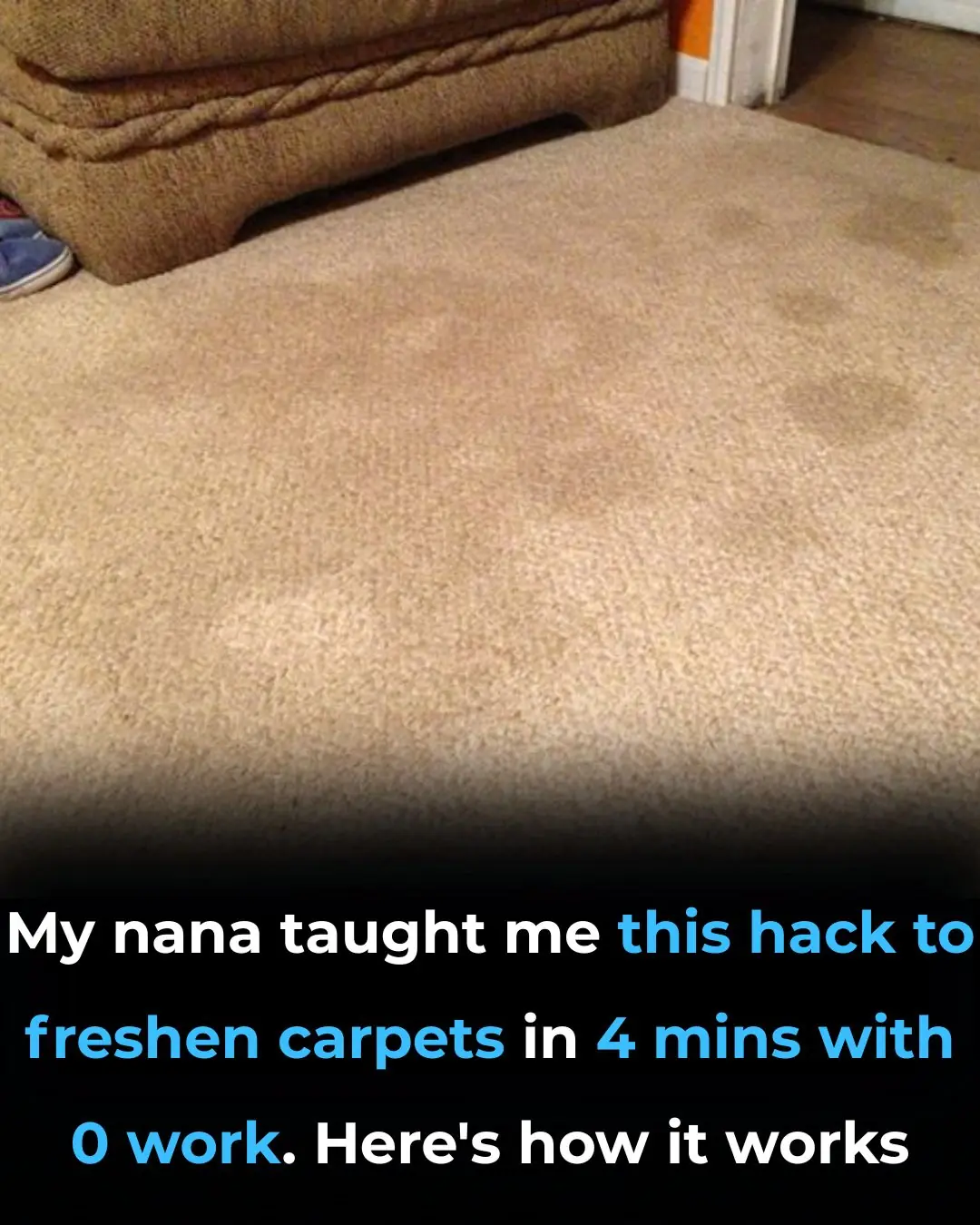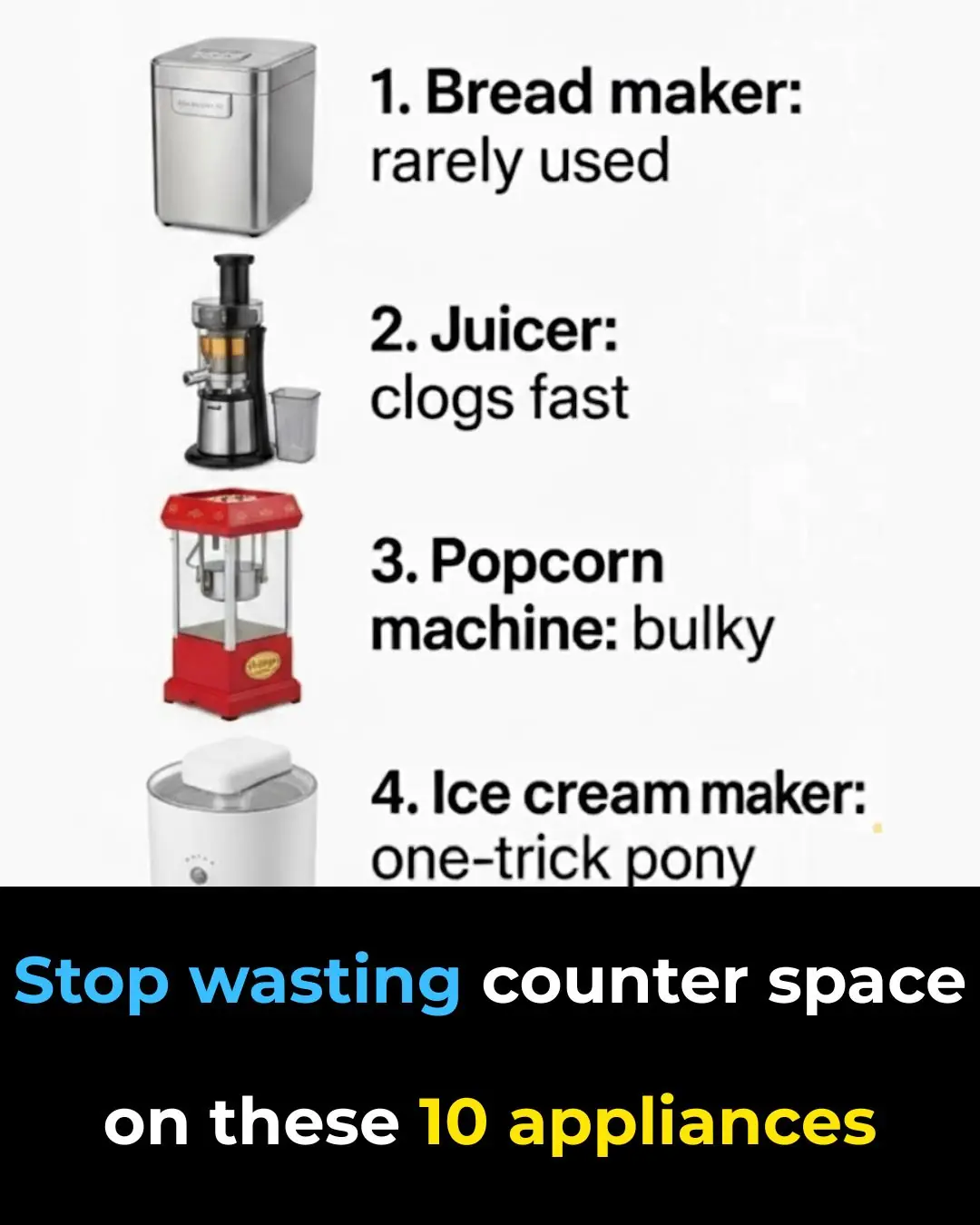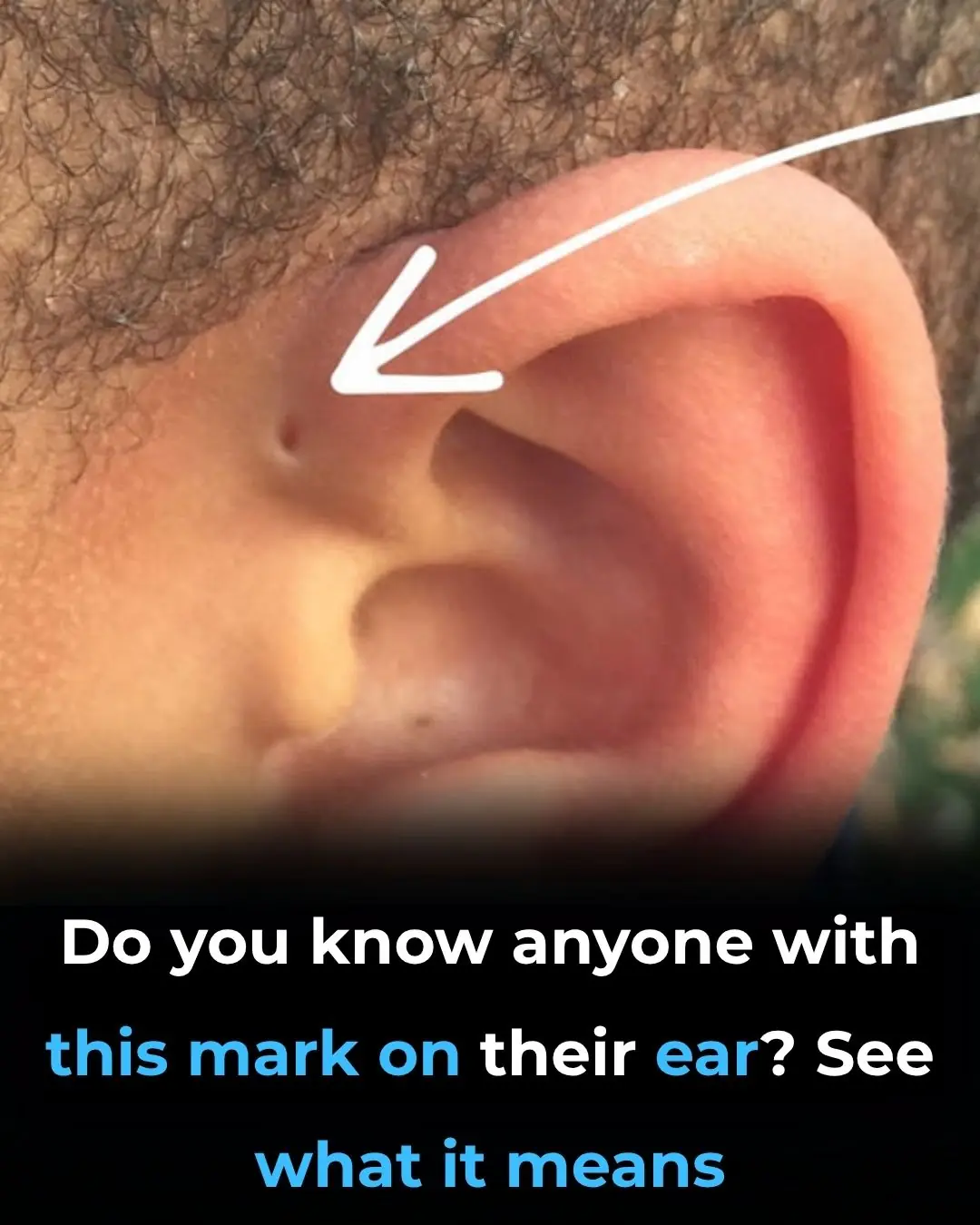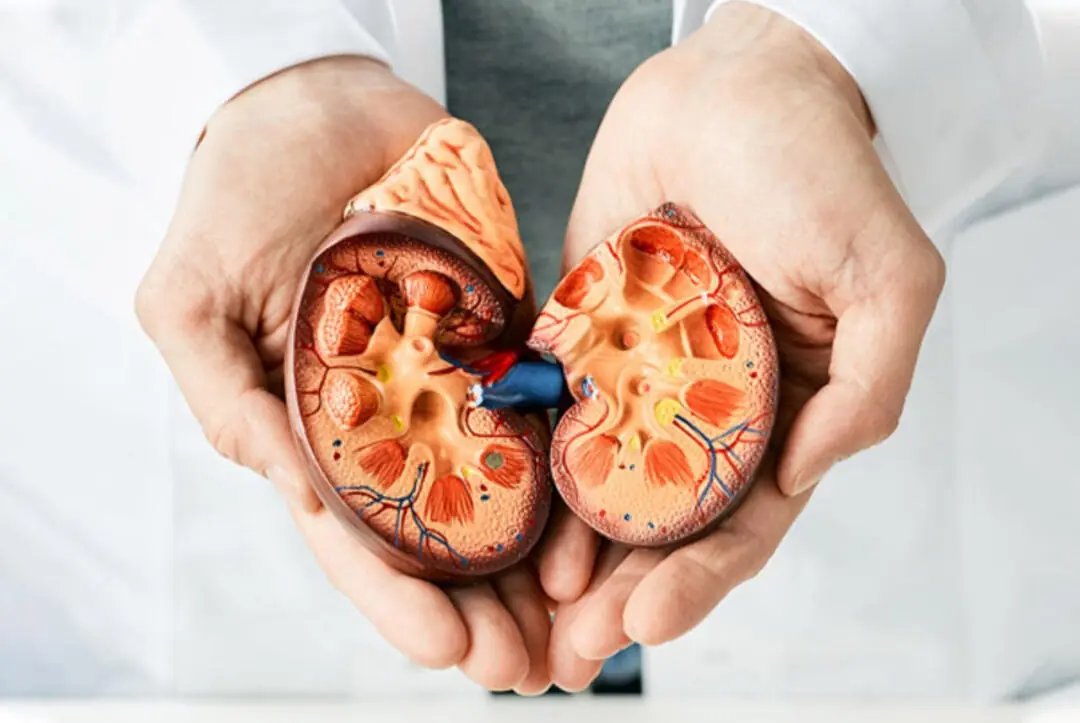
Concerns for Lisa Snowdon as she admits ‘a few things need investigating’ following scan
Lisa Snowdon Undergoes Private Preventative Scan, Indicates “A Few Things … Do Need Investigating”
British model and TV presenter Lisa Snowdon, aged 53, has publicly revealed that she has recently undergone a private full-body scan used for early detection of cancer, and acknowledged that “there are a few things that do need investigating.” Earlier this week she also marked her tenth anniversary with fiancé George Smart.
In an Instagram post published on 8 November, Snowdon shared an image of herself seated outside an MRI scanner, wearing navy pyjama-style clothing supplied by the scanning clinic. She explained that this year she decided to be “even more proactive” with her health. “That’s why I chose to get scanned with [clinic] Ezra,” she wrote, emphasising that “early cancer detection genuinely saves lives” and pointing out that a family history of cancer had been “always at the back of my mind.”
What she liked about the clinic, she added, was its mission to “make preventative screening more accessible”—she noted that the firm had reportedly cut the cost of full-body scans by around 85 % in the past decade, a move she described as “the kind of innovation we need in healthcare.”
In her post she said the scan experience itself was “seamless (and yes, the Ezra pyjamas they give you are an absolute dream – mine were definitely a conversation starter at home). But beyond the comfort, it’s the peace of mind that’s priceless.” She went on: “There were a few things that came back from my scans that do need investigating, but at least I know and can take action.” She concluded with a message to followers: “Your health is your wealth lovelies. Look after it.”
When asked in the comments whether the scan was claustrophobic, Snowdon responded that she did not find it so; “I was a little concerned, but they talked to me through the process, so I didn’t feel alone.” She also clarified that, due to her family history of breast cancer (her grandmother and aunt had both been diagnosed), she already has an annual mammogram and ultrasound and that the scan covered brain, spine, lungs, stomach and pelvis—areas she considered “crucial to check.”
The scan pricing on the clinic’s website reportedly starts at £1,495 for a full-body scan and goes up to £5,495 for a spinal and neurological scan.
Snowdon’s longstanding advocacy for early cancer detection is well documented: for example she has been an ambassador for the breast-cancer charity Breast Cancer Now since 2005, and has stressed that “early detection is key” in her public commentary.
Context & Commentary
Snowdon’s announcement can be viewed in the broader context of preventive health screening trends. Her decision to pay for a private scanning service reflects a growing interest in full-body or multi-system imaging for risk-aversion rather than immediate symptoms. While such services remain controversial in some medical circles (given issues of over-diagnosis, incidental findings, and cost-effectiveness), they underscore a proactive approach to health that Snowdon is evidently embracing.
Her family history of breast cancer—via her grandmother and aunt—adds weight to her decision. Many cancer specialists emphasise that a known family history, dense breast tissue, or previous abnormal findings are valid triggers for heightened screening vigilance. Snowdon’s message, “get checked if you are worried”, resonates with public-health advice around breast cancer and other early-detectable conditions.
It is worth noting, though, that while the scan picked up “a few things that do need investigating,” Snowdon has not yet shared the full details of those findings nor their ultimate clinical outcome. Therefore, while her transparency is commendable, the story is still unfolding and should be followed sensitively.
In conclusion: Lisa Snowdon’s latest health-update serves as both a personal disclosure and a public health message. By sharing her proactive scan and emphasising early detection, she may encourage others—especially women with family histories of cancer—to consider regular screening, be vigilant about changes in their bodies, and act without postponement.
News in the same category


Inside Gabby Logan’s marriage to husband Kenny Logan – sex-less marriage; affair allegations; wedding day disaster

Davina McCall reveals she’s been diagnosed with breast cancer in emotional video message

My Nana’s 4-Minute, Zero-Work Hack to Freshen Carpets

Nana’s Timeless Jewelry Cleaning Trick That Actually Works

10 Foods You Should Never Cook in Aluminum Foil — And Why It Could Be Dangerous

Stop Wasting Counter Space on These 10 Kitchen Appliances

Stop Wasting Money on These 10 Paper Products

Keyless Cars: What Every Driver Needs to Know

10 Controversial Winter Watering Tricks That Actually Work

Get Rid of Squirrels for Good by Planting These 10 Squirrel-Repelling Plants

Gentle Stretches to Relieve Sciatica Pain

New Food Stamp Rules Start in November...

‘He’s My Superhero’: Claressa Shields Credits Potential $15M Deal To Guidance Of Lover, Protector, Adviser and Future Baby Daddy Papoose

‘Auto-Tune Led Us Here’: Jermaine Dupri Sets Off a Firestorm After Comparing AI Artists to Milli Vanilli’s Lip-Sync Shameless Story

12-Year-Old Makes History, Swimming From Saint Lucia to Martinique To Raise Awareness For Breast Cancer

Meet The Owner Of The First Beauty Supply In New Paltz, New York

R&B Singer Lucky Daye Has Full-Circle Moment with MLK Day Halftime Performance

Meet Alvin Irby, One of Pepsico’s Black Changemakers Who’s Using Barbershops To Encourage Black Boys To Read More
News Post

Put this thing in a lemon and put it in the corner of the house

Cut up your old jeans instead of junking them. Here are 10 ways to repurpose them

Put raw chicken drumsticks in a slow cooker with these 3 ingredients. You’ll want it every night.

Easy Clove Cultivation: From Seed to Spice

7 Benefits and Uses of Castor Oil

Zachary Levi dishes on being ‘graylisted’ by Hollywood for his beliefs

Inside Gabby Logan’s marriage to husband Kenny Logan – sex-less marriage; affair allegations; wedding day disaster

Davina McCall reveals she’s been diagnosed with breast cancer in emotional video message

The Amazing 7 Benefits of Cucumber Peels — You’ll Never Throw Them Away Again!

My Nana’s 4-Minute, Zero-Work Hack to Freshen Carpets

Nana’s Timeless Jewelry Cleaning Trick That Actually Works

My nana taught me this hack to relieve joint pain in 5 mins with 0 work. Here’s how it works

10 Foods You Should Never Cook in Aluminum Foil — And Why It Could Be Dangerous

What Does This Little Mark On The Ear Mean

Stop Wasting Counter Space on These 10 Kitchen Appliances

Stop Wasting Money on These 10 Paper Products

Keyless Cars: What Every Driver Needs to Know

1 Minute to “Check Your Kidneys” at Home — See Instantly If They’re Strong or Weak
